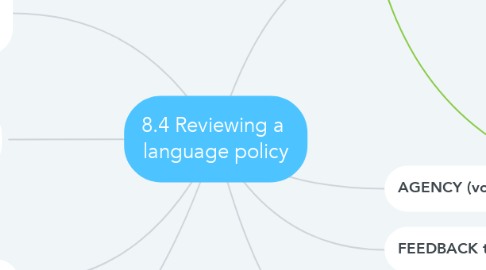
1. INTERNATIONAL MINDEDNESS: Celebrating diversity; Learner Profile
1.1. Developed in local and global contexts
1.1.1. PYP teachers are able to design inquiries using local and global context. • understand that situating learning in global contexts supports students' understanding of human commonalities (for example, through transdisciplinary themes)
2. RESEARCH/EVIDENCE-BASED PEDAGOGY & PRACTICE
2.1. Based on inquiry:
2.1.1. PYP teachers are able to undertake personal inquiry, reflection and action to inform their practice. • critically engage with professional literature and experiences to reflect on and refine learning and teaching • demonstrate creative and flexible problem solving in their practice.
3. INCLUSION
3.1. Designed to remove barriers to learning
3.1.1. PYP teachers are able to foster supportive environments that remove barriers to learning.
4. LANGUAGE: Identity & multilingualism
5. COLLABORATION: A community of learners
5.1. Focused on effective teamwork and collaboration
5.1.1. PYP teachers are able to build and maintain collaborative relationships. Example indicators/evidence • establish, engage and maintain collaborative relationships that support the wellbeing of the learning community • use networks including social media to appropriately build and develop relationships that support one another • negotiate ideas and understandings with colleagues and other members of the learning community
5.1.2. PYP teachers are able to utilize assessment to inform learning and teaching. • demonstrate through their practice that assessment is integral to learning and teaching • analyse and utilize assessment data and evidence to reflect on and evaluate the effectiveness of teaching and learning • provide feedback to others and feedforward to next steps • contribute to and support the assessment culture within the learning community.
